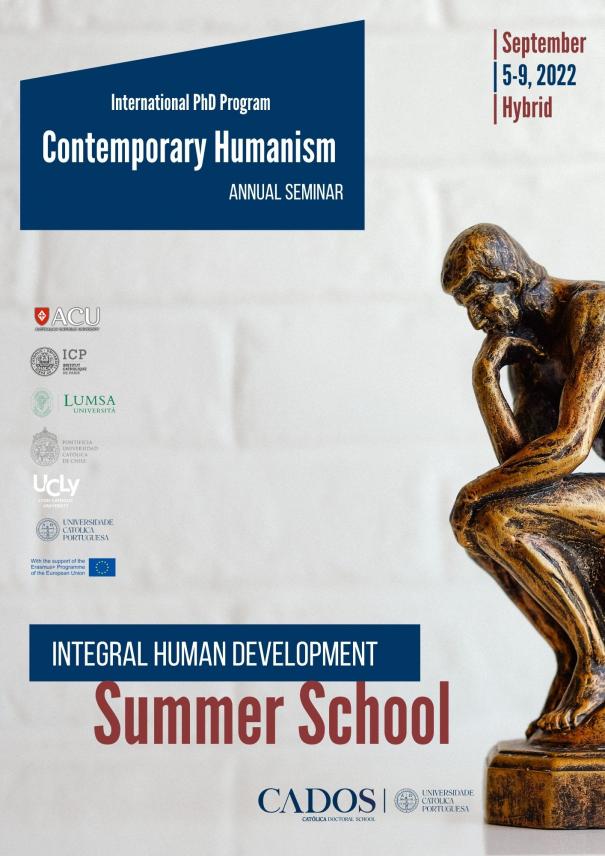Researcher Célia Manaia joins list of the Highly Cited Researchers 2020 in the World
 Célia Manaia, researcher from the Center for Biotechnology and Fine Chemistry (CBQF) of the Escola Superior de Biotecnologia, is one of the 12 researchers of Portuguese institutions most cited in the world, according to the list "Highly Cited Researchers 2020", presented by the American company Clarivate Analytics. For Célia Manaia this "is a recognition of the work done, of seeking to meet the most central issues in the area in which we investigate and the work carried out with other institutions."
Célia Manaia, researcher from the Center for Biotechnology and Fine Chemistry (CBQF) of the Escola Superior de Biotecnologia, is one of the 12 researchers of Portuguese institutions most cited in the world, according to the list "Highly Cited Researchers 2020", presented by the American company Clarivate Analytics. For Célia Manaia this "is a recognition of the work done, of seeking to meet the most central issues in the area in which we investigate and the work carried out with other institutions."
Graduated in Biochemistry and with a Ph.D. in Microbiology, both from the University of Coimbra (Portugal), Célia Manaia is a faculty member at Escola Superior de Biotecnologia and researcher at the Center of Biotechnology and Fine Chemistry of Universidade Católica Portuguesa. Over her more than 25 years as a researcher, she has been studying bacterial diversity and ecology, in particular in areas related with the human action. In recent years, Célia Manaia has also been studying the environmental dispersion of antibiotic-resistant bacteria.
Highly Cited Researchers 2020 distinguishes 6167 researchers from around the world
The "Highly Cited Researchers 2020" list spans the last decade, and this year distinguished 6,167 researchers from more than 60 countries: 3,896 were distinguished for their performance in 21 areas, and 2,493 for their cross-sectional performance. This list focuses only on the most cited articles, which represent 1% of what is published in the world.
The countries most represented in this year's ranking are the United States of America, China, the United Kingdom and Germany. The list also includes 26 Nobel Prizes and Harvard University again leads the number of scientists. The list also includes 26 Nobel Prizes and Harvard University in the USA again leads the number of scientists. The full list can be found here.
Happy with the distinction, which is the recognition of the research work carried out, Célia Manaia feels that "metrics in science should be viewed with caution and we should not let everything turn into numbers and rankings." To the younger researchers, Célia Manaia gives some advice: "always work very seriously, with true intellectual honesty, and, very importantly, communicate well – with accuracy, clarity and transparency".



